JOSEPH Kaifala, a Human Rights activist and founder of Jeneba Project in Sierra Leone is one of those recently announced as the 2021 Ford Foundation Global Fellows, as part of the foundation’s commitment towards supporting efforts of leaders who provide social welfare services in communities across the world. In this interview, with Prime Business Africa’s MARCEL MBAMALU and VICTOR EZEJA, Kaifala speaks about his expectations on the fellowship award and his future prospects in addressing educational needs and other humanitarian challenges in different parts of Sierra Leone through the Jeneba Project.
As a new Fellow of Ford Foundation, what are your expectations in this new status with regard to your social welfare services?
I believe the Ford Foundation has put plenty of measures in place to cater to the social welfare needs of fellows and to ensure that they are comfortable throughout the fellowship period. As a new fellow, my only expectation is responsiveness, which everybody I have worked with at the Foundation up to this moment has been very good at. When people are responsive, arising needs could be easily taken care of.
In what specific ways would you seek intervention to address the issue of marginalization of vulnerable groups like women and girl-child who are denied access to education and empowerment in Sierra Leone?
After many years of campaign, the current Government of Sierra Leone has upheld a Free Quality Education Policy, which guarantees the right to education at the fundamental levels for all children. However, many girls are still out of school because of obstacles such as poverty, child marriage, teenage pregnancy, lack of proper classrooms, period poverty, lack of proper sanitary conditions, absence of teachers, etc. My intervention has been to construct an academy that eliminates many of these artificial obstacles to girls’ education. We have created a model called a Dignified Learning Space where we eliminate many of the artificial obstacles to girls’ education and provide the things girls need to stay in school.
What kinds of humanitarian programmes would you consider embarking on with your new status as a Fellow of the Ford Foundation to impact on more lives of Sierra Leonian people?
Period Poverty (lack of access to safe, hygienic, menstrual products) is a major issue for adolescent girls in Sierra Leone, especially those in rural areas. UNICEF has estimated that roughly 1 in 10 girls in Africa miss school annually because of their periods. Over the years I have ensured that girls at my academy have access to free sanitary pads. As a Fellow of the Ford Foundation, I want to expand the program to more adolescent girls in senior secondary schools across Sierra Leone. No girl should be allowed to drop out or stay away from school because of something as natural as her period.
How far have your Jeneba Project gone in assisting the girl child development, how do you intend to expand it to increase access to education for indigent people especially in rural communities?
The Jeneba Project funded the construction of the Sengbe Pieh Academy in 2018 to provide free and quality education to adolescent girls in the Lungi area of Northern Sierra Leone. The school now has about 72 girls at full capacity. Our goal has been to provide education to adolescent girls in a dignified learning space, so that the school itself is a safe space, eliminating artificial obstacles to girls’ education such as lack of proper sanitary conditions, uniforms, sanitary pads, textbooks, and freedom from corporal punishment, etc. We believe period poverty remains a major obstacle to girls’ education in Sierra Leone and we intend to expand our programme of providing free, reusable sanitary pads to secondary school girls in Sierra Leone, especially in rural areas where poverty remains entrenched.
READ ALSO: Why Nigeria Gets 70% Of Ford Foundation’s West Africa Grants
How do you intend to leverage media partnership to deepen your engagement in these social services?
We intend to leverage media partnerships to share stories of how we are impacting the lives of adolescent girls in Sierra Leone. The broader the reach of our stories the more resources we could attract to the work we do. I believe the media can help deepen my engagement by sharing stories of my work, which I believe could lead to more exposure and support. When people know, they can help.

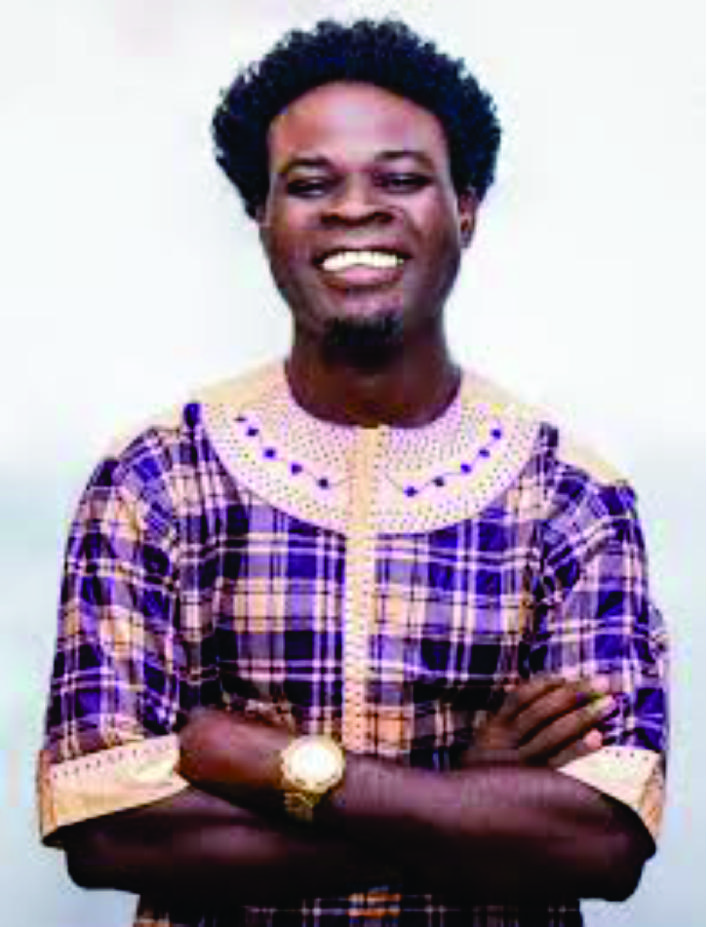





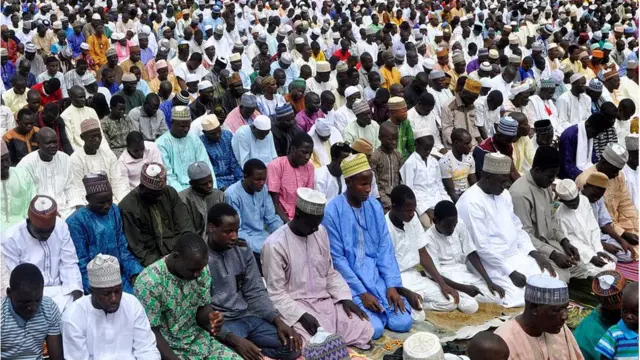





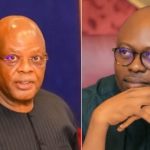


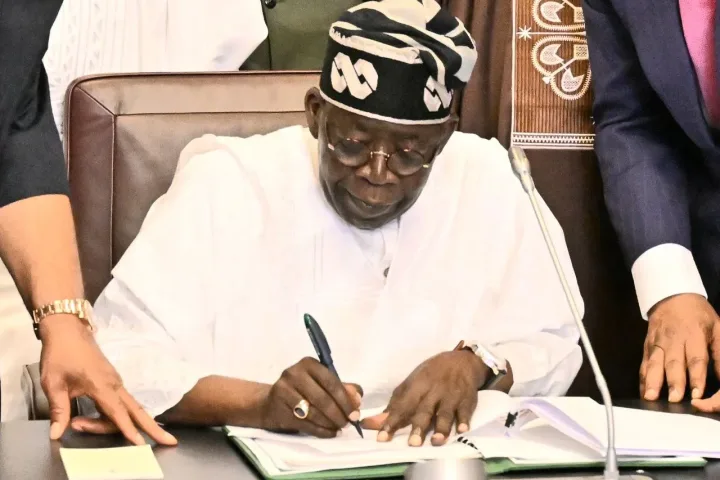
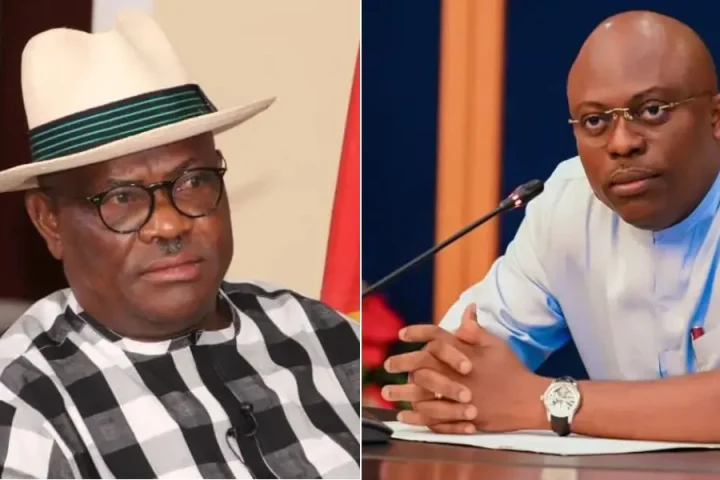
Follow Us